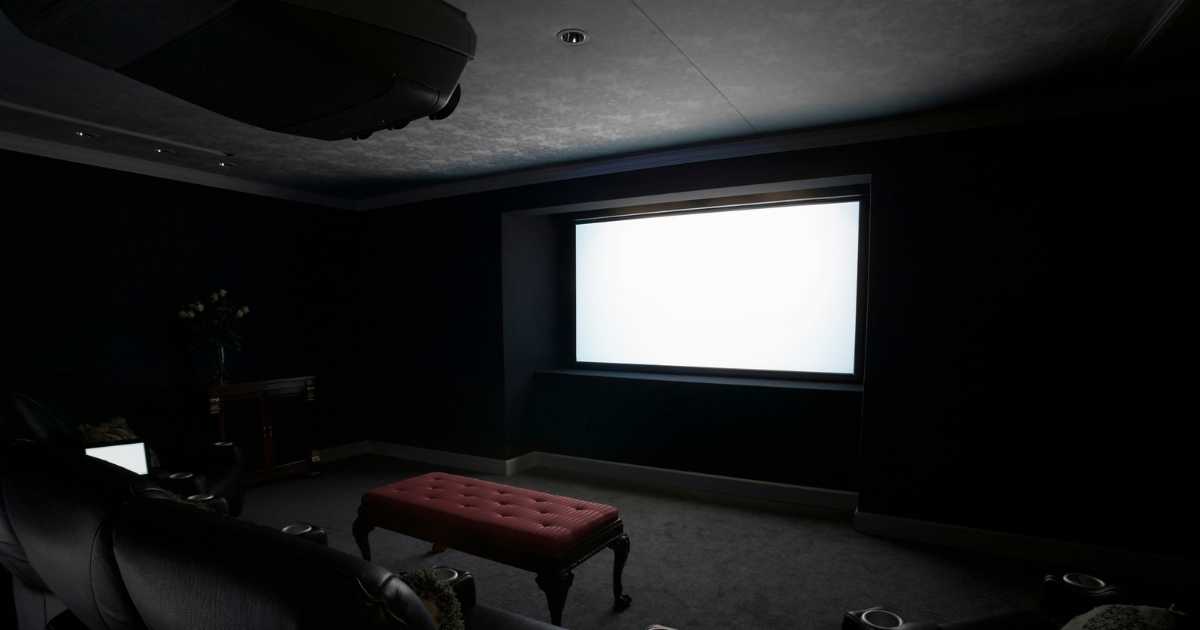3 Simple Tips for Choosing the Best Home Theater Power Manager
A home theater power manager is necessary if you want to protect your equipment. Here are three simple tips to help you choose the best one for your needs:
1. Make sure the power manager can handle the wattage of your home theater equipment. The last thing you want is your equipment to overload the power manager and cause a fire.
2. Choose a power manager with surge protection. This will protect your equipment from damage caused by sudden power surges.
3. Select a power manager with remote control capabilities. This feature allows you to turn off all of your home theater equipment with a button, which is very convenient if you ever experience a power outage.
Get the Most Out of Your Home Theater System
A home theater system is a great addition to any home. But how do you get the most out of your home theater system? Here are a few tips:
1. Get a power manager. A power manager will help keep your home theater system organized and running smoothly.
2. Keep your cables organized. Tangled cables can be a major pain, so keep them neat.
3. Remember the little things. Make sure to check things like sound levels and picture quality regularly. A little tweaking here and there can make a big difference in your overall experience.
With these tips, you’ll be able to get the most out of your home theater system and enjoy movies, TV shows, and games to the fullest!
Choose the Perfect Power Manager
A home theatre is a big investment. The last thing you want is for it to be ruined by a power surge. That’s where a power manager comes in. A power manager protects your home theatre from power surges and keeps it running smoothly.
When choosing a power manager for your home theatre, there are a few things to consider. First, you need to decide how many outlets you need. If you have a lot of devices, you’ll need a power manager with more outlets. Second, you need to decide how much protection you need. Some power managers have built-in surge protectors, while others don’t.
Finally, it would be best to decide how easy the power manager is to use. Some power managers have complex controls, while others are very simple. Choose the perfect power manager for your home theatre today!
How to Choose the Right One for You
There are many factors to consider when choosing a home theatre power manager. The most important factor is the wattage rating of the power manager. The wattage rating will determine how much power the home theatre can handle. Other factors to consider include the number of outlets, the type of outlets, and the features offered.
The wattage rating is the most important factor when choosing a home theatre power manager. The wattage rating will determine how much power the home theatre can handle. A higher wattage rating means that the home theatre can handle more power.
The number of outlets is another factor to consider when choosing a home theatre power manager. The more outlets, the more devices can be plugged into the power manager. Therefore, choose a power manager with enough outlets for your devices.
Making Sure Your Home Theater Is Powered Properly
When setting up a home theater, one of the most important considerations is powering the system properly. A home theater power manager can help ensure that your system gets the right amount of power and is protected from power surges.
Remember a few things when choosing a power manager for your home theater:
- Ensure that the unit has enough outlets to accommodate your equipment.
- Choose a unit with surge protection to protect your electronics from power spikes.
- Ensure that the unit is rated for the wattage of your home theater system.
A home theater power manager can be a great way to ensure that your system is properly powered and protected. Following these tips, you can choose the right unit for your needs and enjoy years of trouble-free use.
Why a Power Manager is Necessary
As home theatres become increasingly popular, the need for a power manager becomes more and more apparent. A power manager helps to keep your home theatre components powered on and running smoothly. Here are just a few reasons why a power manager is necessary for your home theatre:
1. To keep your components powered on. Without a power manager, your home theatre components could shut off unexpectedly, causing you to miss out on your favorite movie or show.
2. To protect your components from power surges. Power surges can damage your home theatre components and shorten their lifespan. A power manager can help to protect your investment by preventing damage from power surges.
3. To save you money on your energy bill. A power manager can help reduce the amount of electricity your home theatre uses, saving you money on your energy bill each month.
Comparison of Popular Models
A home theatre power manager is a device that helps to distribute and manage the power in a home theatre system. Many different models are available on the market, each with unique features and benefits. This article will compare some of the most popular models to help you choose the best one for your needs.

The first model we will look at is the Pyle PT550. This unit comes with eight outlets, four of which are surge-protected. It also has three USB ports, making it easy to charge devices or connect them to other components in your system. The PT550 also has an LED display that shows you the current voltage and amperage draw so that you can keep an eye on your system’s power usage.
Next, we have the Belkin PureAV PF60.
Installation Tips
When it comes to installing a home theatre, there are a few things you need to keep in mind. First and foremost, you need to have a power manager. This will ensure that your home theatre has enough power to run its components. With a power manager, you may find that your home theatre works better than it should.
Another important tip is to ensure that all your cables are properly connected. If any of the cables are loose, it could cause your home theatre to malfunction. Finally, test your home theatre before you invite friends and family over for a movie night. By following these tips, you can be sure that your home theatre will be up and running smoothly.
Conclusion
When choosing the perfect home theater power manager, it is important to consider factors such as price, features, and brands. Additionally, it is important to read reviews and compare products before making a final decision. Following these steps, you can find the perfect power manager for your home theater system.

